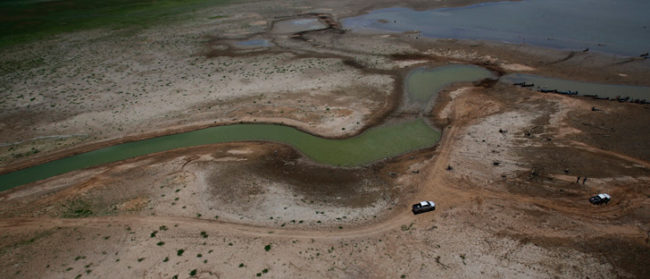The weather was mild in Vientiane on October 26, 1999. The rainy season was coming to an end and, as crowds gathered along the banks of the Mekong River in Laos’ capital for the annual boat race, the organisers and supporters of the Lao Student Movement for Democracy were amassing outside the presidential palace, a stone’s throw from the water.
“I don’t know exactly how many people we had, but we told people to wear a certain colour of wristband to show their support,” a spokesman for the pro-democracy group, who goes by the nom de guerre Soumaly told Southeast Asia Globe. “We saw thousands wearing those wristbands that day.”
They had planned to open a large banner bearing the words ‘Freedom for Laos’ in front of the presidential palace and then march across Vientiane. However, as soon as the sign was opened, the police moved in. The protest was stopped, most of the demonstrators fled and a handful of the organisers went into hiding in Thailand.
At least 100 demonstrators, however, were arrested. It is alleged that some were tortured and left without proper medical treatment or legal counsel.
Although the Lao Student Movement for Democracy’s 1999 protest ultimately failed before it even got off the ground, Soumaly believes it was still important. Here he speaks to Southeast Asia Globe about the demonstrations, his thoughts on Laotian politics and, in light of the recent Lao Communist Party congress, how democratic change could take place.
What were the effects of the 1999 protests and have there been similar protests since?
We may not have succeeded with our initial goals, but we believe that we succeeded in telling the world that the current regime in Laos is inhumane and doesn’t respect human rights and oppresses its own people. There were a few protests after our movement that I know of and they also failed, but since I have not been involved with the planning I do not have information firsthand.
How many people were arrested during the protests and are they still in prison?
We believe that about 150 people were arrested that day, and in the aftermath, and we still don’t know how many remain in prison because in our organisation we don’t know each other’s names, only on a need-to-know basis.
Do you think that most Laotian people support your efforts for change?
Absolutely, but Laotian people cannot freely express themselves without fear of persecution or being made disappear by the regime like [in the case of development worker] Sombath Somphone.
Do you think that democratic change could come from the government?
There will never be real change as long as a single authoritarian political party governs Laos. The new blood that will come to replace the old guard are just the children or family members of these old farts.
So must it come from pressure from the people – in other words, change from below?
Absolutely, it is pressure from Laotian people and the world – you can see on social media that these days young people inside Laos and abroad are taking risks by starting to speak up, by making and posting videos critical of the oppressive regime and advocating for the abolishment of the current system – you can easily find these people yourself. Some show their faces and don’t fear the regime.


